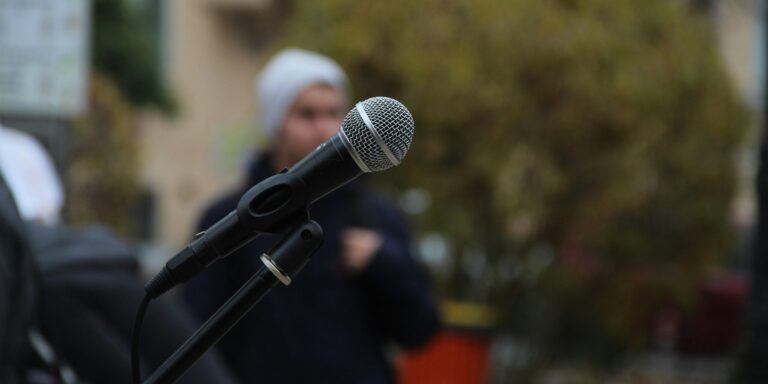Zohran Mamdani, a progressive candidate in the 2025 New York City mayoral race, is rapidly gaining momentum, capturing the attention of both voters and prominent political figures. Known for his bold and progressive vision, Mamdani’s platform focuses on issues such as economic inequality, social justice, and a shift in city governance. His ideas, which resonate with a growing demand for change within the city’s leadership, have positioned him as a serious contender in the upcoming race, with key endorsements propelling his campaign forward.
One of the most notable endorsements Mamdani has received is from Rep. Alexandria Ocasio-Cortez, a leading figure in progressive politics. Ocasio-Cortez’s backing has been a significant boost for Mamdani, lending credibility and visibility to his campaign. As one of the most influential voices of the progressive wing of the Democratic Party, Ocasio-Cortez’s endorsement signals a shift in political dynamics within New York City and a broader desire for a new approach to urban governance.
Mamdani’s platform stands in stark contrast to traditional political approaches, advocating for policies that challenge the status quo. Among the standout proposals are the creation of city-operated grocery stores to address food insecurity and rising costs, and a tax increase on the wealthy and corporations to fund essential public services. Mamdani has called for these measures to ensure the city’s resources are directed toward those who need them most, instead of continuing the trend of corporate tax breaks that have often left working-class New Yorkers struggling.
Additionally, Mamdani has proposed free child care and bus rides, aiming to reduce the financial burdens on families and make public services more accessible. These proposals align with his broader vision of creating a more equitable and just city, where essential services are available to all, not just the privileged few. His plan to reallocate policing resources is another key pillar of his platform. Rather than relying on traditional policing methods, Mamdani advocates for a reimagined public safety strategy that prioritizes community investment, mental health support, and restorative justice practices.
Mamdani’s candidacy is seen as a push for generational and ideological change within the Democratic Party, particularly at a time when many progressive voters feel disillusioned with establishment politics. His rise reflects a growing desire for leadership that is more responsive to the needs of marginalized communities, particularly in a city as diverse as New York. With his emphasis on bold, progressive policy, Mamdani has positioned himself as a representative of a new wave of political leadership that seeks to challenge entrenched power structures.
The momentum behind Mamdani’s campaign is also indicative of broader national trends. Across the United States, there has been a surge in support for progressive candidates who are challenging the traditional political establishment. Mamdani’s rise mirrors a similar movement seen in cities like Los Angeles, Chicago, and San Francisco, where voters are increasingly supporting candidates with platforms that prioritize affordable housing, climate action, and racial equity.
However, Mamdani’s progressive proposals have not been without their critics. Some argue that his plans for increased taxes on the wealthy and corporations could harm the city’s economy, driving businesses and high-income residents out of the area. Others are concerned about his approach to policing, with critics suggesting that reallocated resources might undermine public safety. Despite these challenges, Mamdani’s supporters argue that his vision represents a necessary departure from business-as-usual politics, advocating for long-term solutions to the city’s most pressing issues.
As the mayoral race heats up, Mamdani’s campaign is poised to become a defining force in New York City politics. His platform not only addresses the immediate needs of the city’s residents but also presents a long-term vision for a more sustainable, equitable, and progressive urban future. Whether Mamdani’s progressive ideas will resonate with the broader electorate remains to be seen, but his rise signals a shift toward a new generation of political leaders committed to reshaping New York City for the better.


